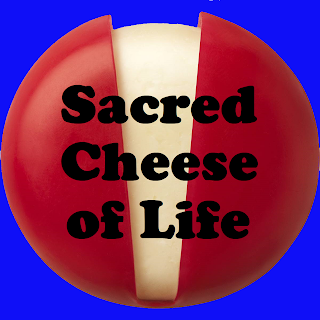This episode is up! Elizabeth Wein’s novel Code Name Verity is one of the best you’re going to find, so go read it before you listen to this because I’m going to spoil EVERYTHING. ALL THE SPOILERS!!! Beware! This is one of those novels where you can only get that first time reading experience ONCE. It is so worth it to read it unspoiled. Do yourself a huge favor and read this book. Okay, then come back and listen, because there’s a lot of great things to say about it, including discussion of epistolary and unreliable narrators, but also outright lies in a narrative, how we know what’s true, how far we can go in wishing something wasn’t true even when it is (too far, if you’re me) and how much this book wrecks my life every time I read it. Oh, it’s so good. Oh, it destroys me. I’m fighting Summerlands so hard but I WILL PREVAIL. Today I drove past two locations that appear in the novel in altered forms and got jolted by seeing both of them in reality instead of my fictional ...


















